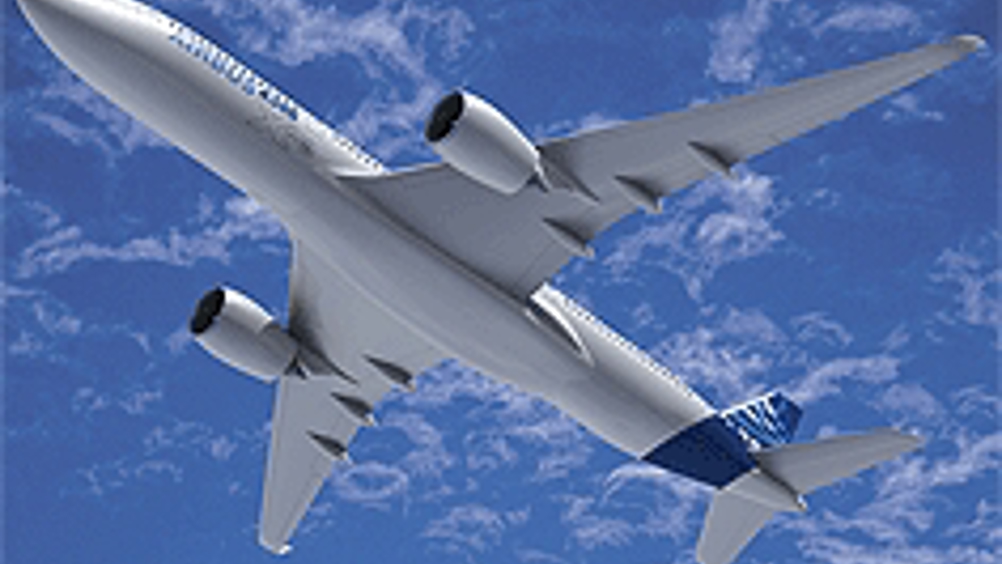A long-awaited report into the future of aviation in the UK is spreading discord among the various groups involved with the air industry. Some are spinning it as the end of the line for the expansion of air travel; for some, it reignites the controversy over the third runway at Heathrow; others are playing down its significance and hoping for business as more-or-less usual. But it’s not an issue that can be ignored, especially with regard to its implications for engineering.
The report, produced by a committee set up under last year’s Climate Change Act and headed by World Bank energy strategy chief David Kennedy, calls for curbs on the increase in air travel. The UK’s commitments to reduce carbon emissions can still be met with 150 million more flights per year by 2050, it says, but that represents an increase of 60 per cent over the next 40 years. At current rates, however, flights will increase by 200 per cent by that point. ‘Don’t be deceived by the fact that demand can grow,’ Kennedy warned. ‘It will have to grow by much less than if we didn’t care about carbon dioxide.’
The report says that even this limited growth would still justify a third runway at Heathrow, and even second runways at Stanstead or Gatwick and Edinburgh — but all other airport expansion should be curbed. Moreover, air fares will have to rise to choke demand; a carbon tax on flying is one option.
So where does this leave the aerospace industry? Airbus’s option of supersized planes to reduce per-capita carbon emissions looks like a sound option; Boeing’s answer of a smaller plane to open up flights to regional airports perhaps not so strong, in Europe at least. Fuel efficiency is already the leading driver for new civil aircraft design and this will now have added impetus. The aerospace industry is fond of trumpeting the huge advances it has made in increasing the efficiency of its engines and airframes, although it started from a very low level, with the incredibly thirsty early jets. It’s going to have to keep up that rate of innovation.
The report also adds impetus to the arguments for high-speed trains. If you can’t fly from London to Glasgow, there had better be an alternative quick way to get there. Although that’s not going to do much to curtail short-hop European flights: high-speed rail is only a practical alternative to flying if you’re starting from somewhere east of a line linking Birmingham and Portsmouth.
There seems to be no way around it; flying is going to have to be greener, and if that means less flying, so be it. Even for those that reject the link between carbon dioxide and global warming, flying is a profligate use of dwindling fossil fuel reserves. Maybe the answer will come with an aero engine that burns hydrogen; if so, we’re going to need a huge supply of low-carbon electricity to electrolyse water. But we’ve got the engineers to solve these problems. Time to get looking for the answers.
Stuart Nathan
Special Reports Editor











Radio wave weapon knocks out drone swarms
Probably. A radio-controlled drone cannot be completely shielded to RF, else you´d lose the ability to control it. The fibre optical cable removes...